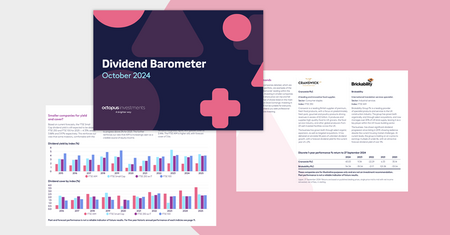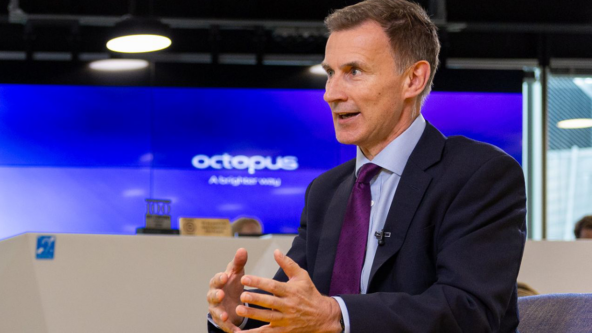“I’ll sort it when I turn 50.” Soon 50 becomes 60, 60 becomes 70…
Of all life admin, getting your estate in order is perhaps the most put off. It’s an all too common mistake.
Putting the basics in place will give you peace of mind and spare loved ones unnecessary stress when you pass away. You’ll also be in a better position to start thinking about any financial planning you might need to put in place.
Read on for some practical steps you can take to prepare your estate.
Making a will
If you haven’t already, an obvious first step is to make a will. Then you’ll want to review it regularly, or at least following any major changes in your life, such as divorce, death of a family member, having grandchildren or moving to a new house.
Making a will is critical as it enables you to decide who gets what when you die. If you die without one, you won’t have a say in who inherits your wealth. Instead, the rules that govern intestacy will determine who inherits your wealth.
While there’s nothing stopping you writing a will yourself, it’s a good idea to get advice. That way you can make sure it’s legally binding and that your wishes will be followed to the letter. You can also make sure it is designed to maximise the benefits of any reliefs that your estate might be entitled to, and start to think about broader estate planning that can maximise the value of assets that you can leave behind. You are likely to want to seek advice from a solicitor or financial adviser.
Some more information on wills is available on the HMRC website. Here’s a link.
You should make sure you keep your will safe but keep it where someone will be able to find it after you die.
Below we’ll look at some of the things that are easy to do but just as easily put off.
Involving your executors and family
In a will, you nominate a person (or people) to manage your estate. These are known as your executors. Typically, your executors will also be beneficiaries (i.e. will inherit your wealth), but this doesn’t have to be the case. You can appoint a professional who will be paid to carry out their responsibilities.
It’s an executor’s responsibility to carry out your wishes after your death. This is an important role so you’ll also want your will to clearly state what happens if the people you want to administer and benefit from your estate die before you do.
You’ll also want to ensure that your executors understand their legal responsibilities and are well prepared to follow your wishes.
In many cases, it can be a good idea to introduce your financial adviser to your executors. This way your executors can fully understand any planning or investments you have in place. It also ensures that they won’t be meeting your adviser for the first time when bereaved.
Octopus has a helpful guide to being an executor, which could be useful for your executors to read before the task of administering your estate falls to them. Ask your adviser for a copy or find it here.
Helping your executors ahead of time
So how can you prepare your estate for your executors and loved ones today?
For things to run as smoothly as possible when you pass away, your executors will need to be able to find key information easily.
A great way to do this is to prepare and maintain a document for your executors that simply details what you own and where you have kept key information. You might want to include information such as:
- Where you’ve kept your will.
- The contact details of your solicitor, accountant and financial adviser.
- Details about your investments, and the providers they are held with.
- Bank accounts in your name.
- Key information regarding you pension.
- Details of any shares you own that qualify for relief from inheritance tax.
- Any funeral arrangements.
Your financial adviser can ask us for a ‘What I own and where I keep it’ document to complete with you – it makes remembering what information to include easy. Completing this document with your financial adviser makes sure that nothing important is missed and will help you get to grips with your current circumstances.
Take action today
Although it’s not an easy thing to talk about, preparing for your estate will enable you to leave more wealth behind to your loved ones.
The most important thing to do is to start the conversation. This way your loved ones will feel the difference when they need it most.
To learn about inheritance tax and how to plan for it, have a read of our ‘‘Untangling inheritance tax’ guide and the other blogs in this series: Your estate planning options, Understanding Business Relief and Making sense of inheritance tax.
We do not offer investment or tax advice. We recommend investors seek professional advice before deciding to invest.








